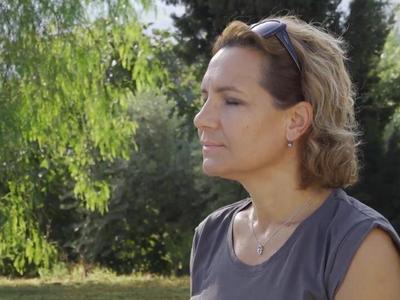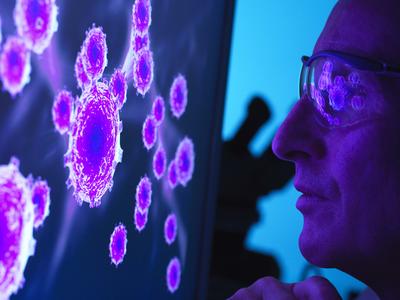Are your breast implants making you ill?
Although not universally accepted by the medical community, Breast Implant Illness has been reported by thousands of women
By Dina Gavarieva
In recent years there has been growing discussion about Breast Implant Illness – what it is and whether it’s real. BII is a term used to describe a range of symptoms attributed to implants such as fatigue, joint pain, cognitive difficulties and other systemic issues after having the procedure.
While scientific research has not definitively established a causal relationship between breast implants and these symptoms, some medical professionals acknowledge there can be complications or adverse reactions to breast implants, such as capsular contracture or implant rupture, which can lead to symptoms.
However, the broader concept of BII as a specific illness is not universally accepted within the medical community.
Even so, one Facebook group that focuses on BII has more than 184,000 members. A number of celebrities have also spoken publicly about their experiences.
Yolanda Hadid, who starred in The Real Housewives of Beverly Hills, said she suffered debilitating brain fog that would last the entire day.
“The minute I got my implants out, I started to heal,” she said. “For me, the road to recovery was really the removal of the implants and the detoxification of all the heavy metals that had travelled through my body.”
Breast implants, whether saline or silicone-filled, have been a popular cosmetic procedure for more than half a century.
The first breast implant surgery took place in 1962 when a woman called Timmie Jane Lindsey underwent breast augmentation surgery. Then aged 30, the mother of six wanted to feel more confident about her body. Her surgery used silicone breast implants and marked a groundbreaking moment in medical and cosmetic history.
Since then, millions of women worldwide have undergone breast augmentation surgery. In the United States alone some 400,000 get breast implants each year.
However, 20 per cent of them go on to remove their implants within eight to 10 years due to complications – many reporting similar symptoms to BII.
The most common complications recorded with both saline and silicone implants include breast pain, haematomas on or near the surgical scar, loss of sensation in the nipple, rupture, deflation and lymphadenopathy, whereby lymph glands near the insertion site become swollen. A skin rash may also form.
In contrast, BII symptoms are said to be the result of breast-implant-induced toxicity, and the symptoms are not only wide-ranging, but can be severe.
Headaches, chronic fatigue, hair loss, hormonal imbalance, insomnia, sudden-onset allergies, thyroid problems and gastrointestinal problems are some of the symptoms believed to be caused by silicone poisoning.
If you recognise any of the symptoms associated with BII and have implants, the first, and most necessary step is to speak to your doctor.






